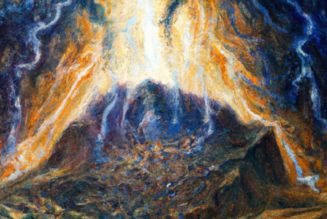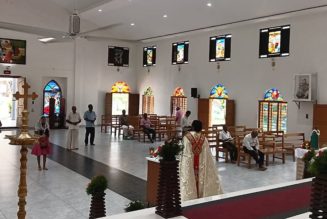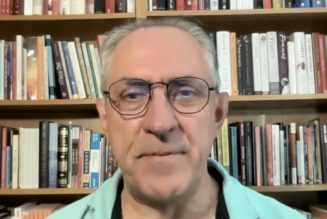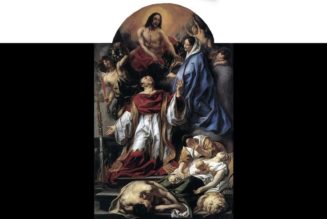“And if someone dragged him away from there by force, up the rough, steep path, and didn’t let him go until he had dragged him into the sunlight, wouldn’t he be pained and irritated at being treated that way?”
Socrates, Plato’s Republic
We seldom reflect on a stark reality: our ongoing dependence on others for learning and formation. Yet in this dependence the dramatic human difference from other creatures is especially evident.
Though birds and spiders are never really ‘taught,’ their nests and webs display a remarkable crafting. By and large the reality is that for non-human animals to do what they do requires dramatically less ‘training’ than for human persons to do what they do. And this human training in the main must come from other persons.
As the Socratic approach to teaching especially utilizes asking questions, one might think Socrates leans strongly in the ‘hands-off’ or ‘let the student take the lead’ direction. The words quoted above from the famous cave story—a story explicitly about ‘education’—give a different perspective.
Notably, the journey out of the cave to ‘seeing the light’ is definitively cast as a journey under the strong guidance of a nameless someone. Indeed, the word ‘drag’ strikes what can seem a discordant note. Can someone be ‘dragged’ to insight?
The actions of the good teacher or master are usually not well characterized as dragging—again, one might think here of Socrates’s method of questioning, or of a well delivered lecture or instruction, or of how a silversmith gives intricate direction for demanding applications. At the same time, the word ‘dragging’ points to a simple and implication rich point: often in learning we need to go a direction we cannot by ourselves discern, and where consequently we are not (yet) inclined to go. And to this extent, the disciple or student experiences the learning process as something of a dragging. Indeed, for that reason also, the master or teacher might, especially through the eyes of the understudy, sense a sort of dragging that must occur.
But of course, we (the students) will not in fact ever arrive at our goal unless we choose to do so. Put otherwise, we cannot really be dragged against our will—especially up hill. This is why essential to being a good master or teacher is discerning how to move the heart of the learner.
So there is a kind of dragging that is in accord with our will, because we have chosen to be docile, because we want to go where the master can lead. We are willing to be shown and so even pulled to a place that is up a steep incline. And we seek help in a guide, a teacher, a master.
Learning any true art—and they are almost countless, from the manual, mechanical, home, and fine arts to the liberal arts, and the very art of teaching, and the art of life itself—calls for a kind of apprenticeship under a master. So much of life is simply in this: do we recognize our need for masters, do we seek and find them, and do we choose to follow the path they chalk for us… even when it does not, at least at first, feel very good.
Here is a brief video with suggestions for ‘finding your Obi-wan’
Over the years, I, and many others I know, both before and after getting married, have grappled with the issue of giving up dreams. It is difficult and nuanced. And it is especially important for how we think about, and live, marriage. My basic conviction is this: the…
“… surely every care should be taken on behalf of our own children’s mother…” Aristotle, Economics It can seem a flaw in nature’s plan. Those that attend most to the needs of others—especially children, and the weak and suffering—often want for such attention to…
Husband, father, and professor of Philosophy. LifeCraft springs from one conviction: there is an ancient wisdom about how to live the good life in our homes, with our families; and it is worth our time to hearken to it. Let’s rediscover it together. Learn more.
Join Our Telegram Group : Salvation & Prosperity












